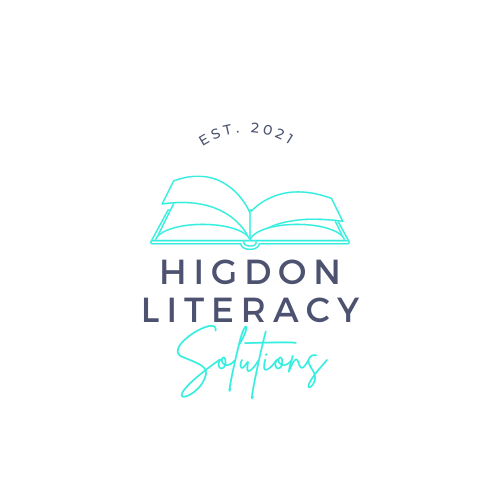Nurturing the Soul: The Crucial Role of Poetry in Classical Education for Students with Learning Disabilities
Introduction:
In the classical education landscape, where the pursuit of knowledge is an art form, the significance of teaching poetry becomes even more pronounced for students with learning disabilities. This blog post delves into the transformative power of poetry in a classical education setting, highlighting its ability to unlock creativity, enhance language skills, and provide a unique avenue for expression and understanding for students facing learning challenges.
Section 1: Unlocking Creativity and Imagination
For students with learning disabilities, poetry offers a gateway to a world where creativity knows no bounds. The inherently flexible and expressive nature of poetry allows these students to explore language in a way that is not confined by conventional rules. Through metaphor, simile, and vivid imagery, students can express their thoughts and emotions with a freedom that fosters a sense of creativity and imagination, promoting self-discovery and confidence.
Section 2: Enhancing Language Skills and Comprehension
In the classical education model, language mastery is a cornerstone. For students with learning disabilities, poetry acts as a dynamic tool for enhancing language skills. The rhythmic patterns, wordplay, and linguistic diversity found in poetry engage students in a manner that traditional methods may not. As they grapple with the structure and meaning of poems, students naturally develop a deeper understanding of language, improving both their reading and writing abilities.
Section 3: Providing a Unique Outlet for Expression
Every student, regardless of learning abilities, deserves a means of expression that resonates with their individuality. Poetry offers a distinct avenue for students with learning disabilities to communicate their thoughts and feelings. Whether through structured forms like sonnets or free verse that allows for unrestrained expression, poetry provides a platform where these students can articulate their unique perspectives, fostering a sense of agency and self-advocacy.
Section 4: Building a Connection to Classical Themes
In a classical education setting, the study of timeless themes and ideas is paramount. Poetry, with its rich history and diverse cultural roots, becomes a bridge for students with learning disabilities to connect with classical concepts. Through exploration of classical poetry, students can find common ground with the experiences and emotions of individuals from different times and cultures, fostering a sense of belonging and continuity.
Conclusion:
In the realm of classical education, the teaching of poetry emerges as a beacon of inclusivity and empowerment for students with learning disabilities. As an instrument of creativity, language development, and self-expression, poetry provides a unique and invaluable resource for these students to thrive in a classical education setting. By recognizing and embracing the importance of poetry, educators can unlock the full potential of every student, ensuring that classical education remains a space where all minds can flourish and contribute to the rich tapestry of knowledge.


